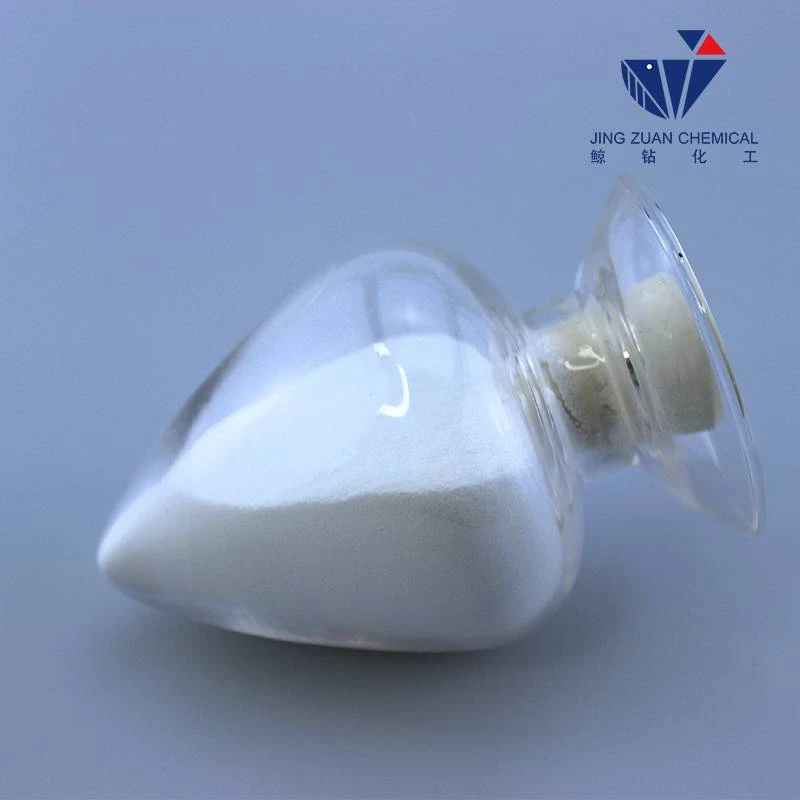
Dec . 14, 2024 10:51 Back to list
Effective Mortar Bonding Agents for Improved Construction Durability and Performance
Understanding Mortar Bonding Agents Enhancing Adhesion in Construction
In the construction industry, the importance of strong and durable joints cannot be overstated. Whether it involves bricklaying, tile installation, or masonry work, ensuring that materials bond effectively is crucial for the longevity and stability of structures. One of the key ingredients that facilitate this bonding process is the mortar bonding agent.
What is a Mortar Bonding Agent?
A mortar bonding agent is a substance used to improve the adhesion between surfaces, particularly in masonry and tile applications. These agents are typically polymer-based and are added to mortar mixtures or applied as a primer to surfaces before the mortar is applied. They enhance the bond strength, reduce the likelihood of cracking, and provide additional water resistance.
Types of Mortar Bonding Agents
There are several types of mortar bonding agents available on the market, each serving a specific purpose
1. Latex-based Bonding Agents These are among the most common types and are often used in tile installations. Latex bonding agents are known for their flexibility and ease of use. When mixed with mortar, they create a more resilient bond that accommodates slight movements in the structure without cracking.
2. Epoxy Bonding Agents Epoxy-based agents offer exceptionally strong bonds and are often used in high-stress applications. They are resistant to chemicals and moisture, making them suitable for industrial environments or areas exposed to harsh conditions.
3. Polymer-modified Mortars In this case, the bonding agent is integrated into the mortar itself. Polymer-modified mortars provide enhanced adhesion, improve workability, and increase resistance to moisture and environmental factors.
4. Silicate and Silane Agents These agents are often used as surface treatments to enhance the bond between new and existing masonry. They penetrate the substrate and create a strong chemical bond with the mortar.
Advantages of Using Mortar Bonding Agents
The use of mortar bonding agents brings numerous advantages to construction projects
mortar bonding agent

- Enhanced Bond Strength The primary benefit of using these agents is the significant improvement in bond strength. This is particularly important in applications where the structural integrity of the masonry is critical.
- Flexibility and Reduced Cracking The addition of polymer-based bonding agents improves the flexibility of the mortar. This flexibility allows for better accommodation of movement in building structures, thereby reducing the risk of cracks and failures.
- Increased Durability Mortar bonding agents often provide added resistance to moisture, chemicals, and temperature variations. This results in longer-lasting constructions, especially in environments prone to harsh weather or exposure to corrosive substances.
- Improved Workability Many bonding agents enhance the workability of the mortar mixture. This makes it easier for masons and tilers to apply and shape the mortar, contributing to a more aesthetically pleasing finish.
Application Tips
To achieve the best results when using mortar bonding agents, consider the following tips
1. Surface Preparation Ensure that the surfaces to be bonded are clean, dry, and free from any contaminants such as dust, grease, or previous coatings. Proper surface preparation is critical for optimal adhesion.
2. Follow Manufacturer Instructions Each bonding agent has specific mixing and application guidelines. Adhering to these instructions is essential to maximize the performance of the product.
3. Testing for Compatibility If using a bonding agent with existing materials, it's wise to conduct compatibility tests. Some agents may not bond well with certain substrates, so testing in a small area can prevent larger issues down the line.
4. Environmental Considerations Pay attention to the environmental conditions during application. Extreme temperatures or humidity levels can affect the setting and curing of the mortar, impacting bond strength.
Conclusion
In conclusion, mortar bonding agents play an essential role in contemporary construction, providing the necessary strength and durability to withstand the stresses placed upon masonry structures. By understanding the different types of bonding agents and their benefits, construction professionals can make informed choices that enhance the quality and longevity of their projects. With the right application techniques and careful consideration of material compatibility, the use of mortar bonding agents can lead to successful, lasting results.
-
Versatile Hpmc Uses in Different Industries
NewsJun.19,2025
-
Redispersible Powder's Role in Enhancing Durability of Construction Products
NewsJun.19,2025
-
Hydroxyethyl Cellulose Applications Driving Green Industrial Processes
NewsJun.19,2025
-
Exploring Different Redispersible Polymer Powder
NewsJun.19,2025
-
Choosing the Right Mortar Bonding Agent
NewsJun.19,2025
-
Applications and Significance of China Hpmc in Modern Industries
NewsJun.19,2025







